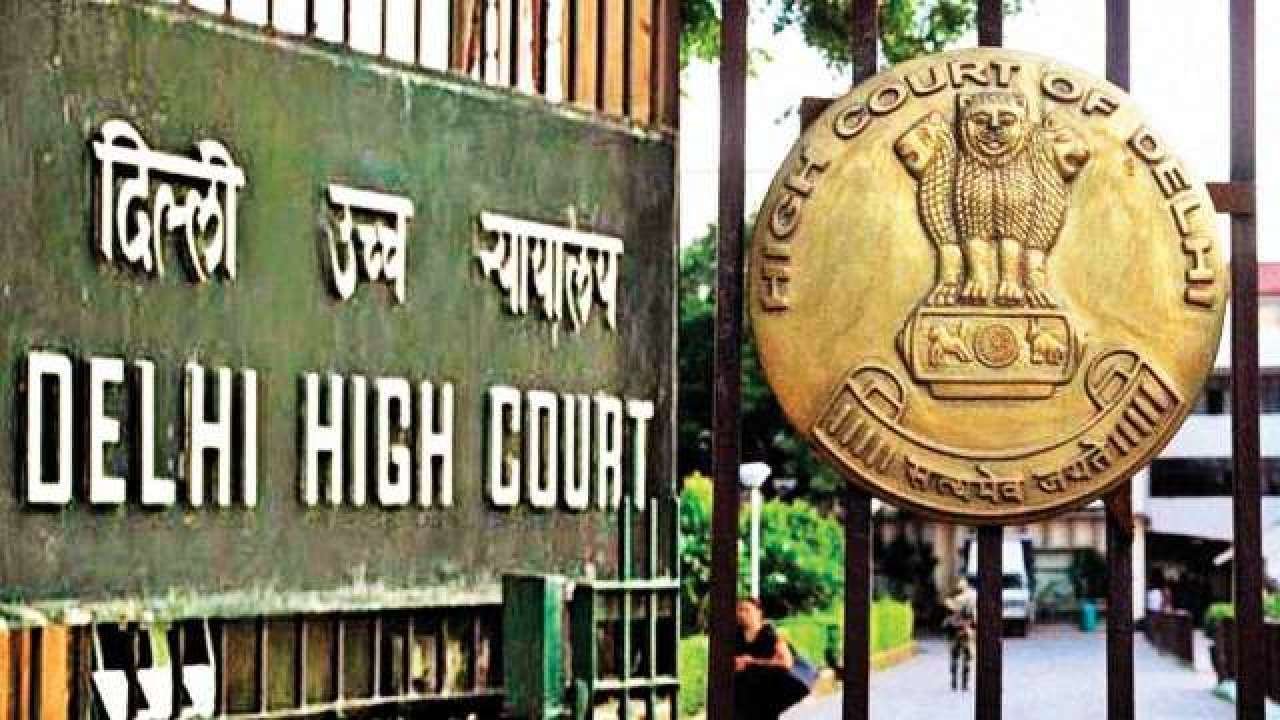During the hearing on Tuesday, the State of Karnataka informed the Supreme Court that it is impermissible to provide reservations on the basis of religion, except in the case of Kerala.
The State defended its recent decision to eliminate the 4 percent reservation for Muslims under the OBC category prior to the assembly elections, stating that the timing of the decision is irrelevant, given that religious reservations are unconstitutional. The Karnataka government submitted an affidavit to the Supreme Court to reinforce its stance.
“Timing of the decision etc are immaterial without the Petitioners clearly demonstrating that the reservation on the basis of religion is constitutional and permissible,” the State of Karnataka submitted.
It has been argued that granting religious reservations in the past does not justify their continuation, particularly if they are based on an unconstitutional principle.
Furthermore, proponents of the argument claim that the concept of social justice aims to safeguard the interests of those who are marginalized and discriminated against in society, and that extending reservations to an entire religion goes against the spirit of the Constitution and the principles of social justice.
Additionally, it has been stated that identifying which groups qualify as backward classes falls within the purview of the executive branch and is its sole responsibility.
An affidavit was filed by the Karnataka government in response to the legal challenge against its decision to eliminate the 4% reservation for Muslims in the state.
As per the new government order, the Muslim community will now be eligible for 10% reservations under the Economically Weaker Sections (EWS) category. The 4 percent quota previously allocated to Muslims will now be divided equally between the Veerashaiva-Lingayats and the Vokkaligas.
A bench comprising of Justices KM Joseph and BV Nagarathna is currently presiding over the case. Earlier this month, the bench had raised concerns regarding the rationale behind the government’s decision, pointing out that the decision was based on an interim report instead of a final report.
“This government order is based on completely fallacious assumptions. Prima facie the order passed appears to suggest that the foundation of your decision making is shaky,” the Bench had remarked.
During the hearing, the court refrained from issuing a stay order after Solicitor General Tushar Mehta, representing the Karnataka government, gave assurance that no appointments or admissions would be made under the disputed government order until the next hearing.
The State of Karnataka, in its affidavit, highlighted that no reservation is granted to the Muslim community on the basis of religion in the Central List, except in Kerala. The affidavit further argued that no state in the United States, apart from Kerala, provides reservations for the Muslim community as a whole.


